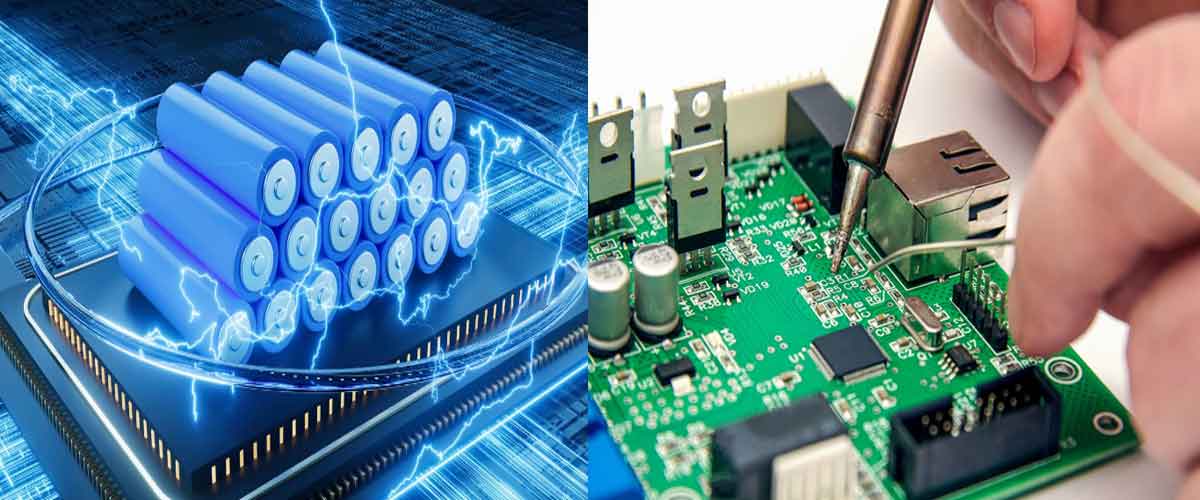1,3-Propane sultone (1,3-PS) appears as colorless to light yellow liquid or crystal. The molecular formula is C3H6O3S, the molecular weight is 122.143, the melting point is 30-33℃, the boiling point is 276.5℃, and the relative density is 1.392 , is a toxic, carcinogenic, mutagenic, and teratogenic compound. It is stable under normal temperature and pressure. In the presence of water, this compound will slowly hydrolyze into the corresponding corrosive hydroxysulfonic acid. Heated with potassium hydroxide, it becomes potassium hydroxysulfonate. 1,3-propanesultone is highly reactive and can react with metal alcoholates, phenates, etc. to introduce sulfonic acid groups. No catalyst is required for the reaction with amines. Sulfonic acid groups can be introduced by heating to 130°C with alcohols, phenols, amides, and compounds containing active methylene in the presence of alkaline catalysts. Under atmospheric pressure distillation in the presence of zinc oxide or calcium chloride, furan derivatives are generated. Reacts with triethylamine and other weak acids to form polymers.
In recent years, the production of lithium-ion batteries has grown rapidly and its application areas have continued to expand. According to market surveys, the demand for lithium-ion batteries will reach about 1.35 billion units by 2010. It has become an important factor in the national economy and people’s lives in the 21st century. High-tech products of great significance. 1.3 Propane sultone (PS) is a basic functional additive for preparing lithium ion secondary electrolyte. Its purity directly affects the quality of the electrolyte.

What is the purpose of 1,3-Propane sultone?
1.1,3-Propane sultone is a new functional fine chemical material. It can react with many types of compounds under very mild conditions and accurately provide sulfonic acid groups, thereby giving these compounds new properties. It is an excellent general-purpose sulfonating agent and an important electroplating additive intermediate for the synthesis of PPS, Key raw materials for UPS, DPS, MPS, ZPS, POPS, SP and other products.
2. It is an important pharmaceutical intermediate and is also used in brighteners, dyes, diionic surfactants, sulfonating agents, lithium batteries, etc.
3.1,3-Propane sultone is a commonly used additive in lithium battery electrolyte. It can inhibit the occurrence of side reactions on the electrode surface and the dissolution of metal ions, increase the initial capacity of the battery, improve the high and low temperature storage performance of the battery, increase the number of battery cycles and extend the service life.
Common process routes
Propylene alcohol is used as the starting material and is added with sodium bisulfate to form sodium 3-hydroxypropanesulfonate. After acidification, 3-hydroxypropanesulfonic acid is obtained, and then distilled under reduced pressure and intramolecular dehydration is performed to obtain 1,3-propanesulfonic acid. The synthesis route of lactone is as follows. The synthesis reaction conditions are mild, the raw materials are cheap and easily available, there is no highly toxic or explosive hazard, no pollution to the environment, the process is simple and easy to operate, and the yield can reach 95%.

Market development trend analysis
1,3-propanesultone (PS) is a very important intermediate in organic synthesis. Its derivatives can improve the surface properties of substances and are widely used in the electroplating industry. In the electrolyte of power batteries, it can also be directly used as an additive. Adding it to the non-aqueous solution of lithium-ion batteries can improve cycle life and storage stability.
According to the role of additives in the electrolyte, electrolyte additives can be divided into film-forming additives, flame retardant additives, high and low temperature additives, overcharge protection additives, additives to control the water and HF content in the electrolyte, etc. In recent years, with the continuous expansion of the scale of downstream industries such as lithium battery industry and new energy vehicles and the improvement of safety, cycle life and energy density requirements of lithium batteries, the demand for additives has increased year by year. In 2020, the shipment volume of electrolyte additives in the Chinese market reached 16,140 tons, a year-on-year increase of 40.8%, of which VC shipments were 6,800 tons, FEC shipments were 3,500 tons, 1,3-PS shipments were 2,900 tons, and other types of additives Shipments were 2,940 tons.
There are many kinds of electrolyte additives. There are currently more than 20 varieties in commercial application, but the overall usage is low. Currently, the commonly used electrolyte additives mainly include vinylene carbonate (VC), fluoroethylene carbonate (FEC), Propylene sulfite (PS) and lithium bisoxaloborate (LiBOB), etc. From the perspective of shipments by different categories, VC and FEC have the highest shipments as the most commonly used additives. In 2020, VC shipments were 6,800 tons and FEC shipments were 35 million tons. Together, they accounted for a share of the electrolyte additive market. 63.8%. In addition, new additives including 1,3-PS, LIBOB, DTD, VEC and other new additives have gradually improved battery performance, driving the overall shipment of lithium battery electrolyte additives to increase year by year.